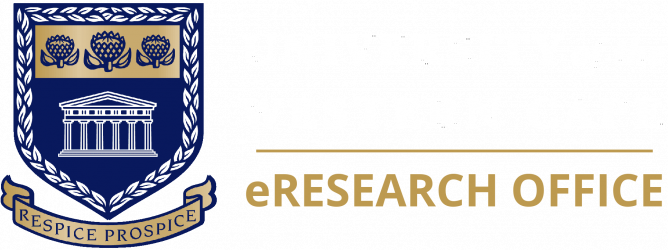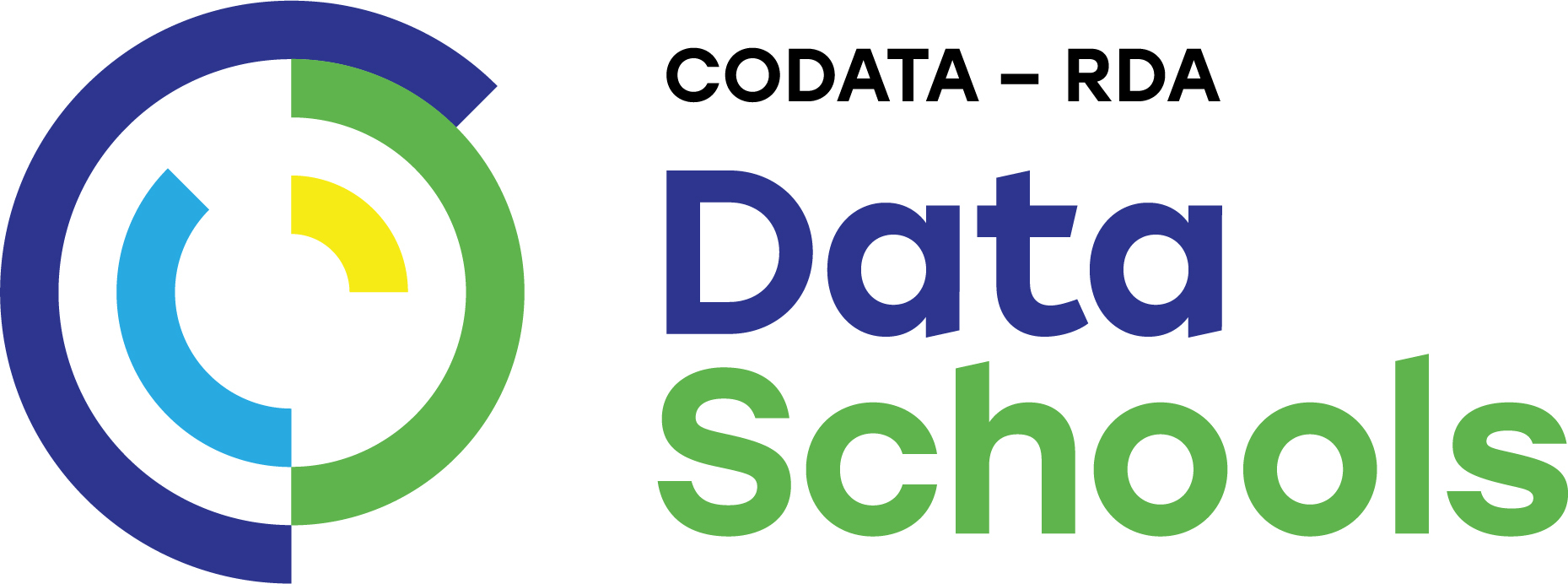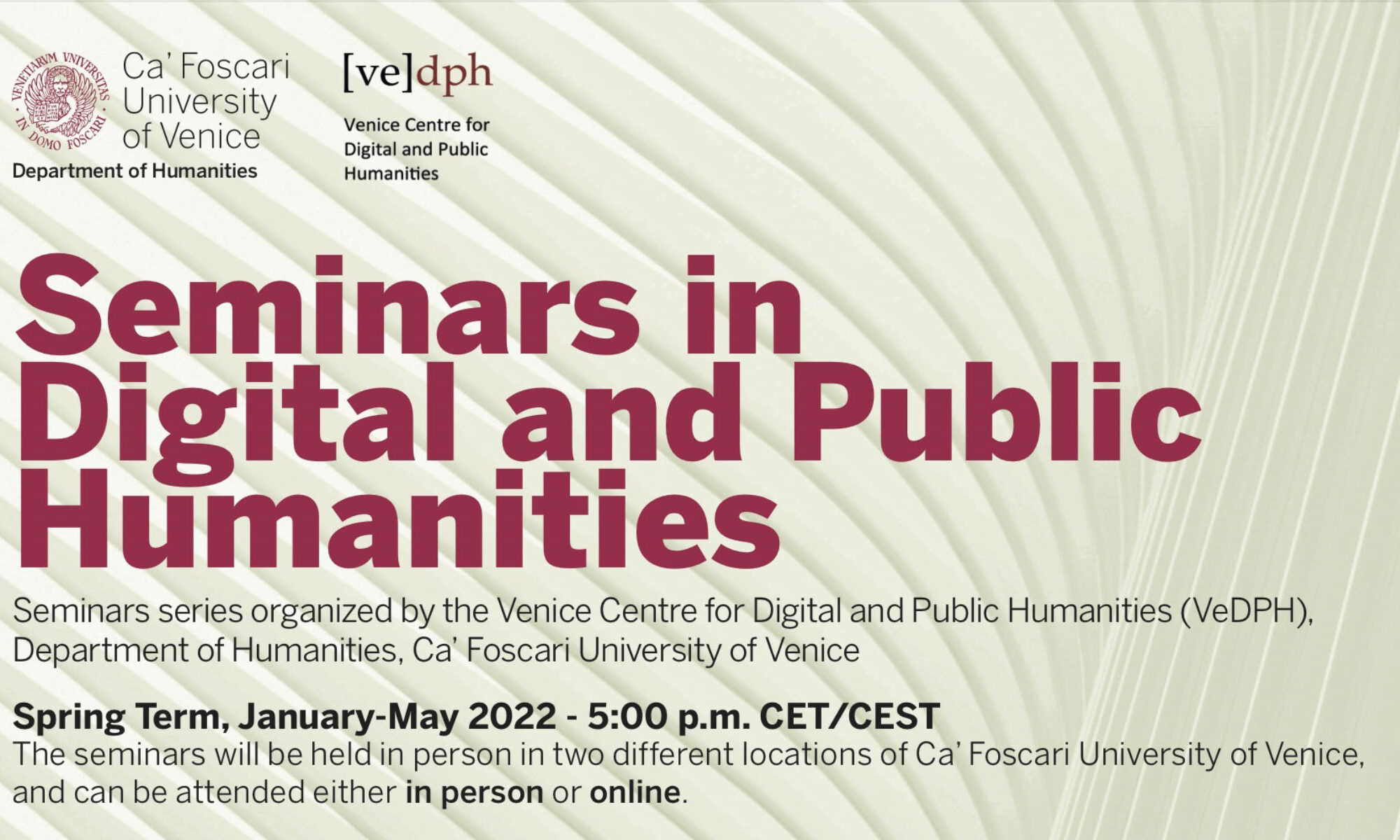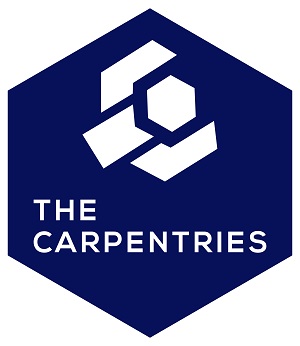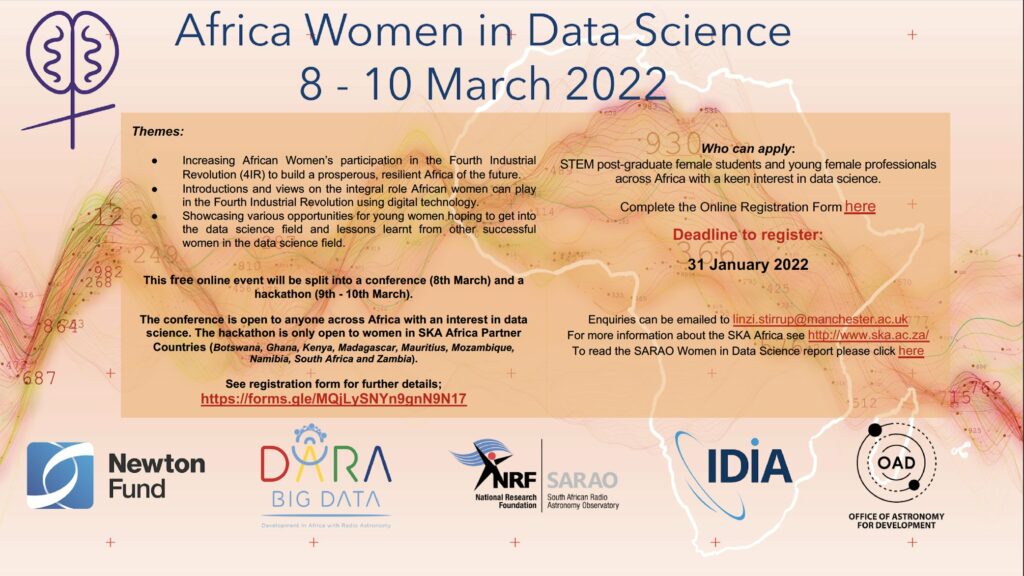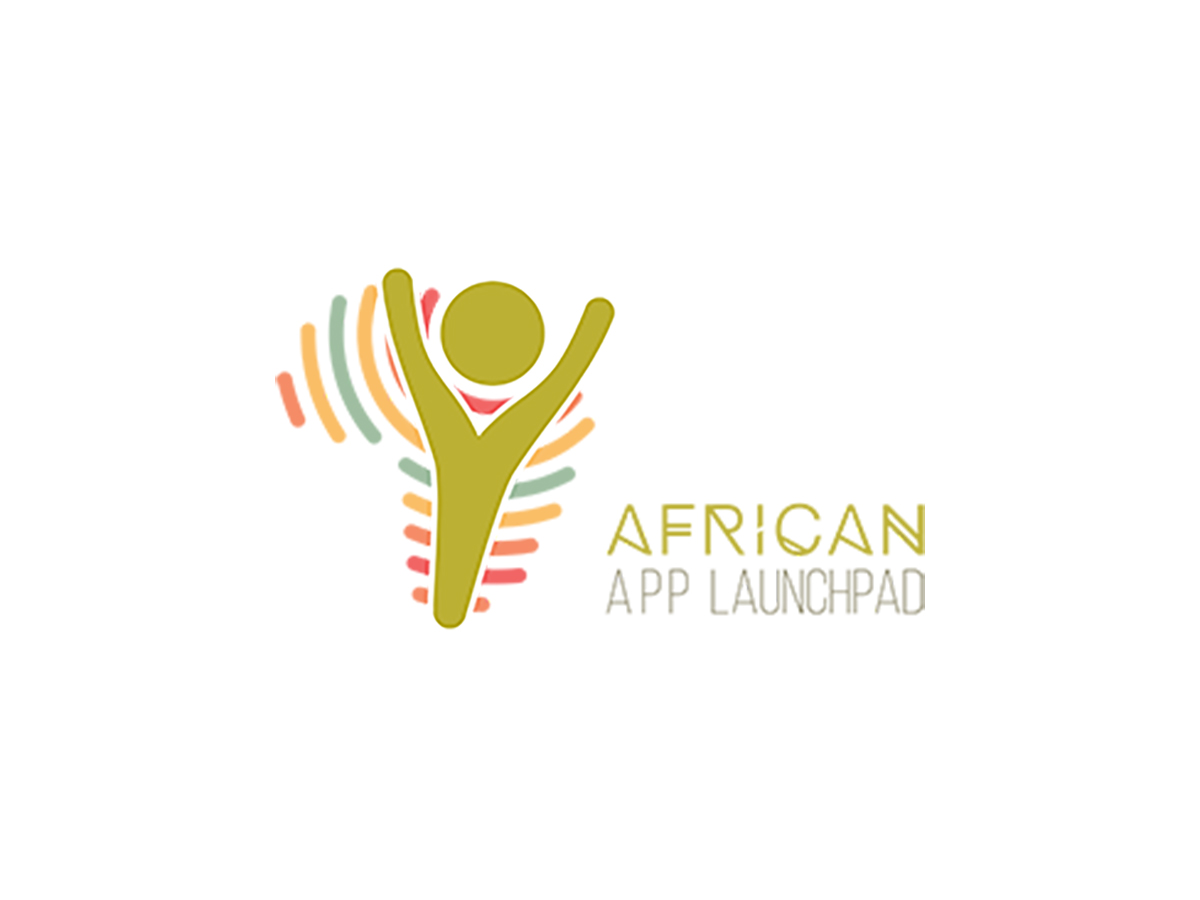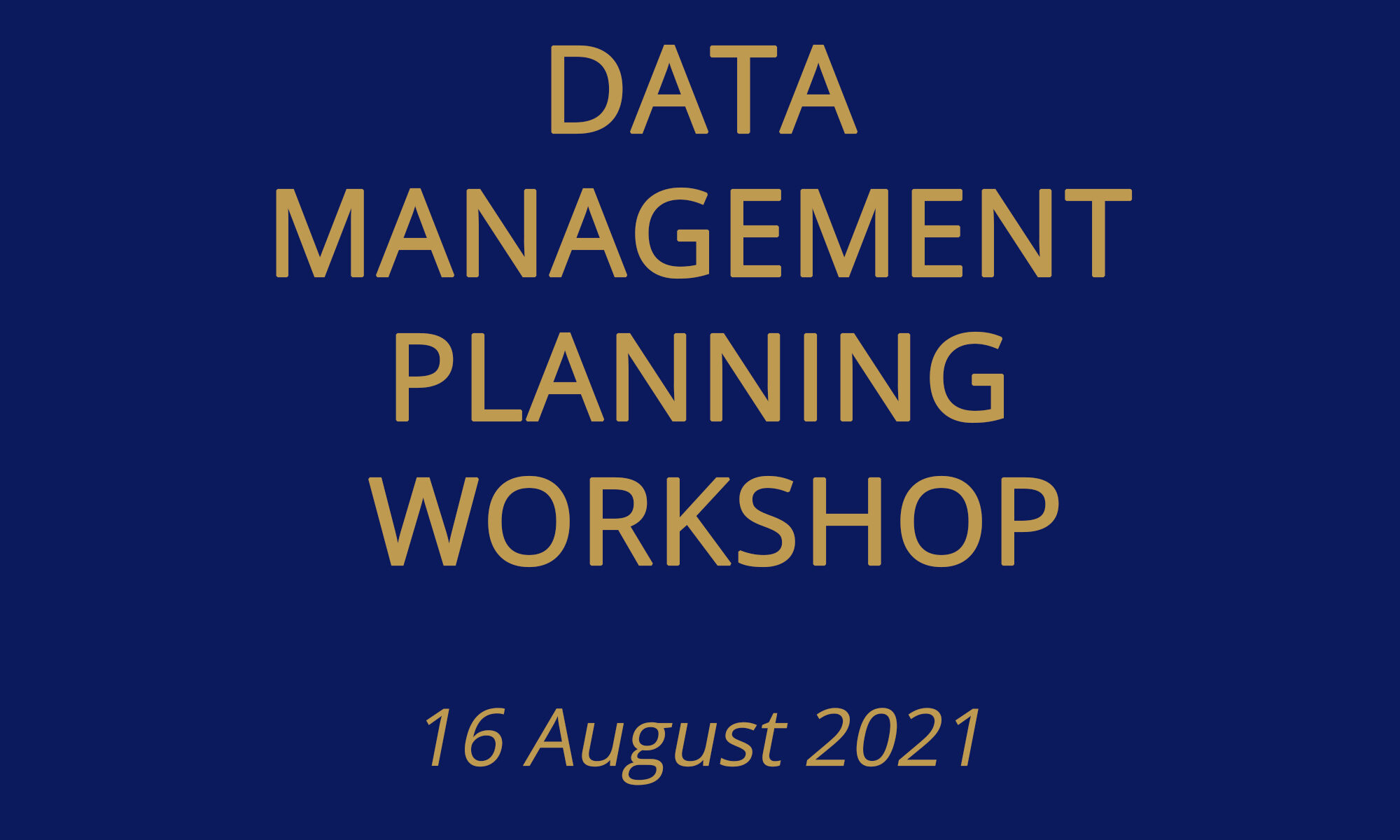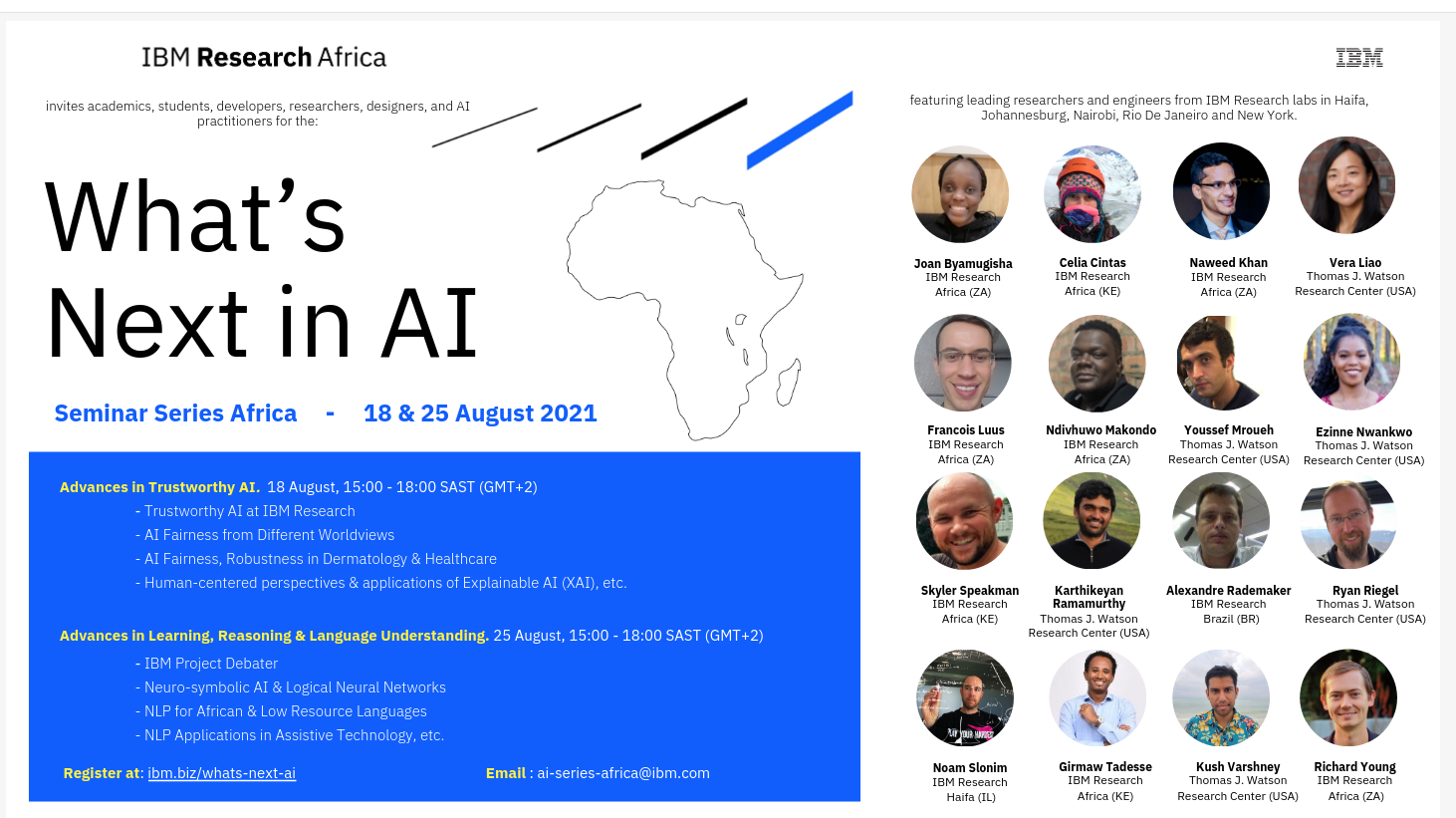The volume and variety of data that researchers and students are required to work with continues to grow. In order to work effectively with large datasets, data skills are becoming increasingly important, and can be enormously empowering.
The Department of Information Science of the University of Pretoria, in collaboration with DIRISA, SADiLaR and NeDICC, presents the CODATA-RDA School of Research Data Science. This school is aimed at postgraduate students and early career researchers, and teaches foundational data science skills. The material covered by the programme is fundamental to all areas of research, and thus open to researchers and professionals from all disciplines that deal with significant amounts of research data. The goal is to provide a practical introduction to these topics with some theory and extensive hands-on training.
Topics covered include:
– Open Science
– Introduction to Unix Shell
– Introduction to Git
– Open and Collaborative Research
– Research Data Management
– Data Cleaning – using Open Refine
– Data Analysis and Visualisation – using R
– Data Intensive Social Science
– Author Carpentry
– Information Security
– Machine Learning and Neural Networks
– Research Computational Infrastructure
Please refer to the document below or the website (http://datascienceschools.co.za/) for more information. The deadline for applications is 31 March 2022.
